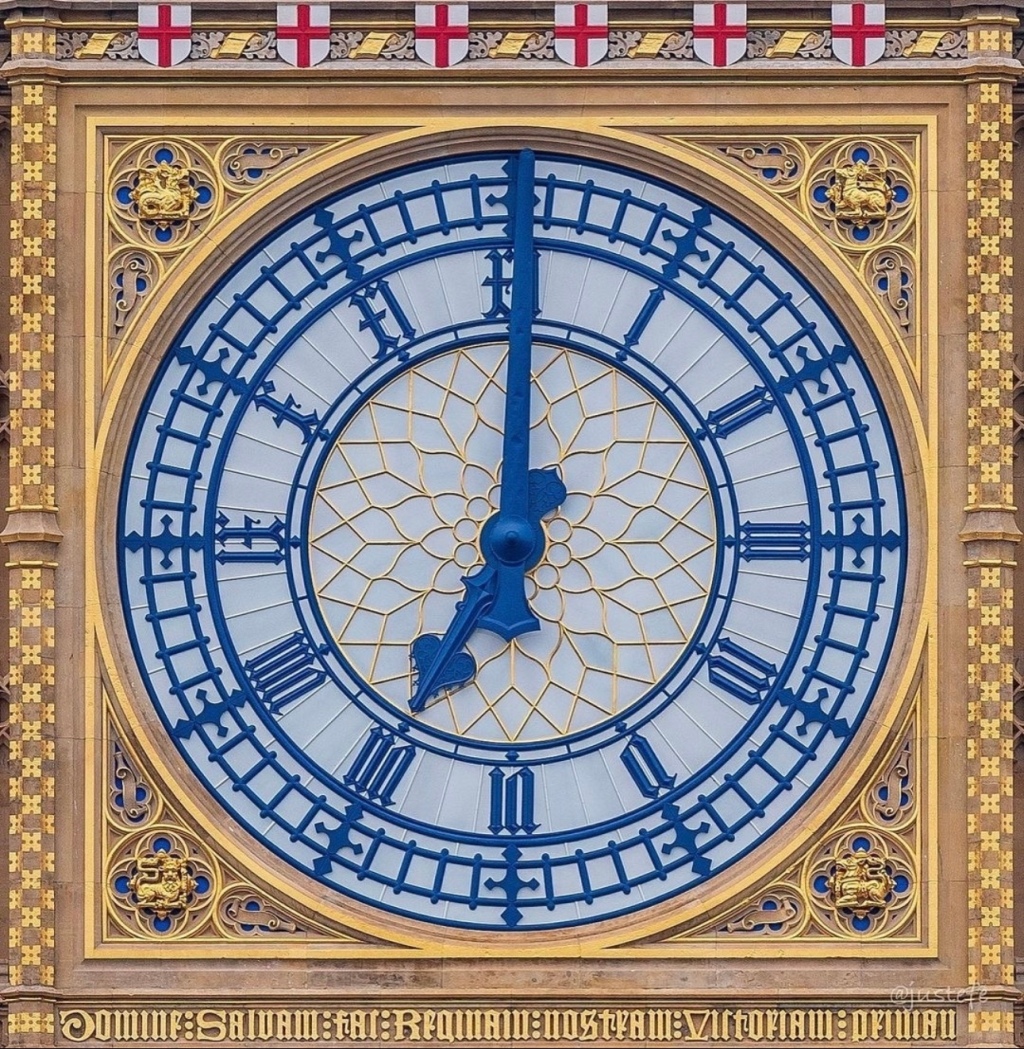The circadian rhythm is often referred to as our body clock because it is the body’s innate timing device. This natural internal clock is affected by environmental cues, primarily light but also temperature. The circadian clock orchestrates many aspects of human physiology, and disruption of this clock has been implicated in various pathologies, ranging from cancer to metabolic syndrome and diabetes. Although there is evidence that metabolism and the circadian clockwork are intimately linked on a transcriptional level, whether these effects are directly under clock control or are mediated by the rest–activity cycle and the timing of food intake is unclear.
Here are a few ways in which you can manage your circadian rhythm :
- Keep a Routine : The best way you can support your natural circadian rhythm is to keep a routine. As much as possible, go to bed at the same time and wake up at the same time every day. Unfortunately, this also means ditching your Sunday sleep in.
- Avoid Artificial Light After Sundown : The light emitted from our computers, phones, TVs, and even fluorescent light bulbs can interfere with our body clocks by tricking the body into thinking it is daytime. Try dimming the lights in the evening and having a technology free period before bed.
- Natural Light Exposure : Get as much natural light as you can during the day, articularly in the morning. Open the windows, eat lunch outside, go for a short walk, take the window seat on the train or work outside.
- Physical Activity : Physical activity is another cue for your body clock that it is time to be awake. So, get your large joints moving in the morning with some exercises or stretches.
- Eat During Daylight : Digestion & Metabolism play a role in maintaining your circadian rhythm. He says that ideally, we should be eating during daylight and fasting when it is dark outside.
- The Right Foods : Certain foods that send conflicting cues to your body clock are best avoided in the afternoon and evening. These include caffeinated drinks, alcohol, foods high in saturated fats, and sugary food and drinks.
- Get Enough Sleep : Finally, get enough sleep to keep your circadian rhythm in check. For most adults this is at least 7 hours of sleep.
A circadian rhythm disorder is defined as a persistent or recurrent pattern of sleep disturbance primarily caused by alterations in the circadian timekeeping system or a misalignment between the endogenous circadian rhythm and exogenous factors that affect the timing or duration of sleep. Connect with your physician for more details.






Leave a comment